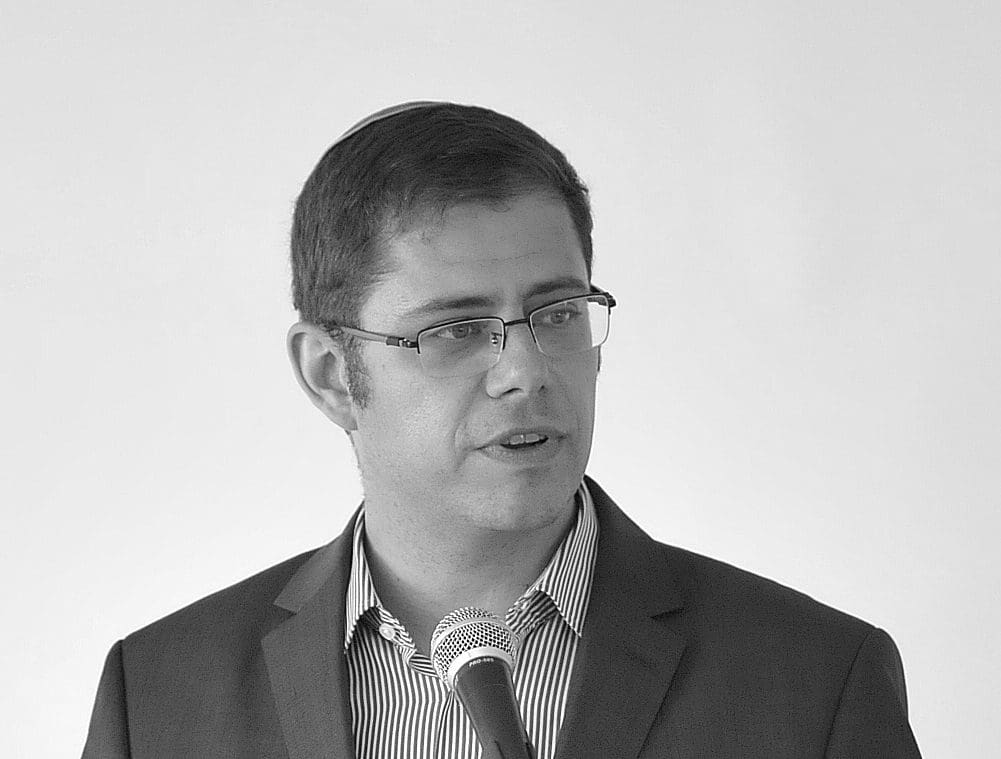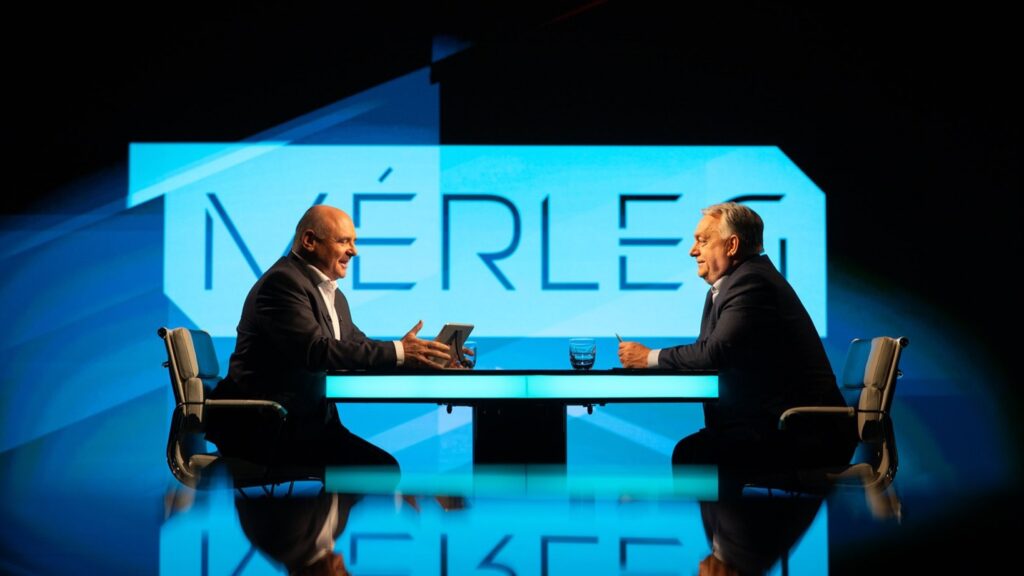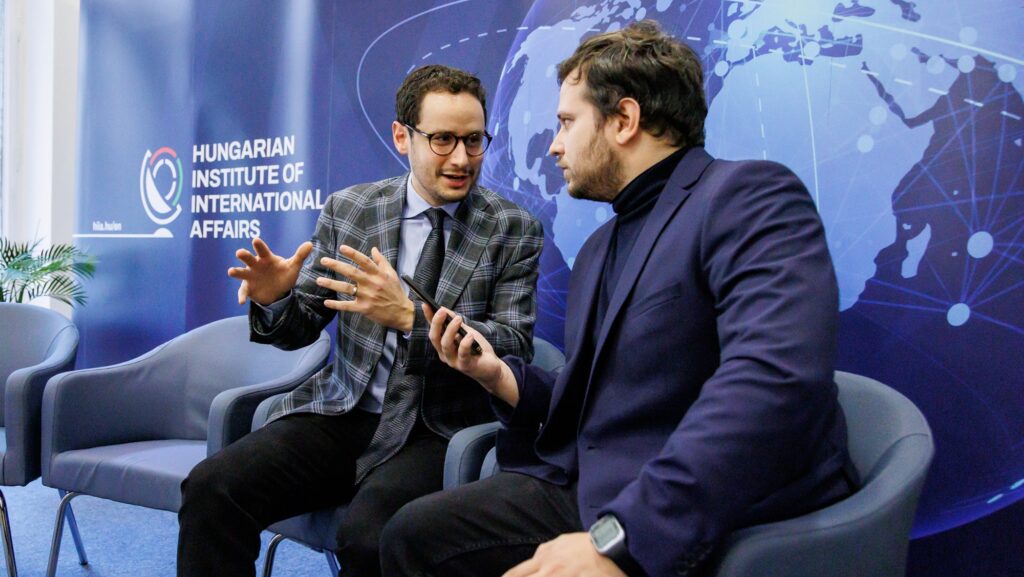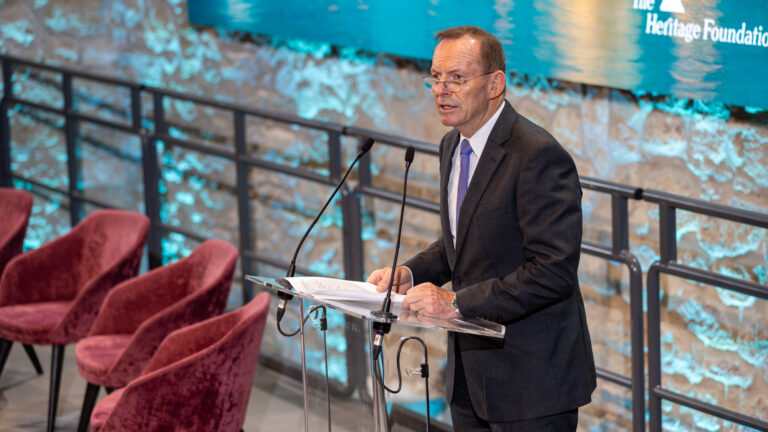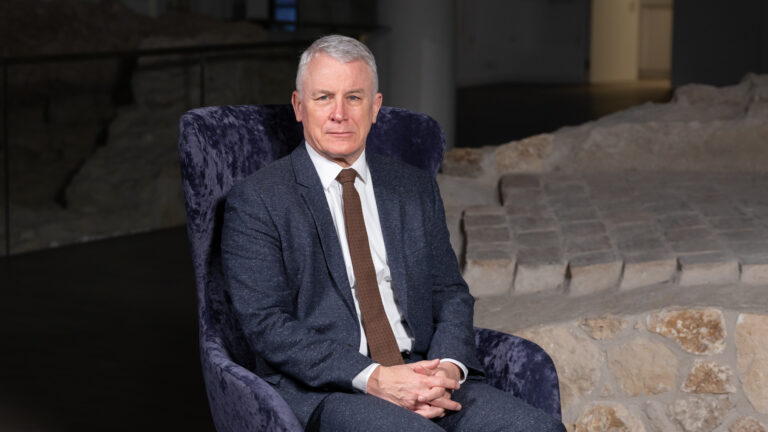On 19-20 May, Budapest hosted the Conservative Political Action Conference (CPAC) for the first time. It wasn’t only the first CPAC in the Central European capital, but the first CPAC on the European continent, which indicates Hungary’s distinguished role in the renascence of the conservative movement. Organized by the American Conservative Union and the Budapest based think-thank Center for Fundamental Rights, CPAC Hungary gave the floor to US senators and congressmen, as well as prominent thinkers and opinion leaders from all over the world. The guiding theme of the conference was the triune principle of God, Nation and Family, and how Western civilization and its values can be protected.
Hungarian Conservative’s staff were also present at the CPAC and interviewed distinguished speakers and panellists of the conference. One of our interviewees was Eugene Kontorovich, director of the Kohelet Policy Forum, who sat on the panel called “In God we trust” and talked about the role of religion in society and politics, as well as about secular religions.
Can you please elaborate on your views on the role of religion in society and in politics? Conservatives are often associated with religion, mainly with Christianity, while progressives are seen more as secular. Is that indeed the case?
There’s nothing wrong with having religious views when forming foreign and public policy, because religious views are views that citizens hold
So, as I pointed out at the conference, there’s no conflict between whether we should have religious views dictate our policy, or whether we should have secular views. Because when you look at secular views, they, to a very significant extent, are religious. Take modern progressivism, which has all of the features of a religion: rituals around food, with recycling and environmentalism; penances like paying for carbon emissions. Or the apocalyptic view of the end of the world being brought about by global warming, rather than by the second coming. They have all of the aspects of a new religion. Views that are not based on, let’s say, empirical evidence, that are not subject to empirical refutation, and thus are dogmatic views. So many secular views are really like religious views. There’s nothing wrong with having religious views when forming foreign and public policy, because religious views are views that citizens hold. And the point of a democracy is to have the government reflect the views of the citizens. They shouldn’t have to check the source and what book those views come from. Views that come from a book, supposed to be a book of divine revelation, are no less valid than views based on a book written by Greta Thunberg.
Do you think that religion, and I’m thinking about Christianity specifically, should be the link which connects conservative people together all around the world? Don’t you think that religion could scare away some people who are otherwise attracted to conservatism but don’t really identify with any religious group?
I think you have to define it in the right way. I think Christian politics, that’s not a coercive Christian politics, that’s more about respecting the role of Christianity. I’m a nationalist, I believe every nation should promote and respect values. Those values could have many different sources, they could be secular, but they could also be religious. In this sense, Christianity is an aspect of national identity. And national identity is not something that’s threatening, it’s something that should be celebrated. And something that gives people their identity. So as long as that’s not coercive, it should not in any way be threatening to anyone.
We often talk about the Judeo-Christian heritage of Europe and Judeo-Christian values which our continent is built on and which need to be preserved. Could you define what these Judeo-Christian values are that connect us, Europe, and your homeland, Israel?
I’m not a rabbi, I’m not a priest, so I can’t give you an exact definition. But I believe in fundamental notions about the dignity of man, about people having a purpose. But I also think, as we discussed in the panel, that the notion of the creation of man by a higher power already presupposes that man cannot define the aspects of man’s identity. Certainly, the belief in a higher justice, a higher justice that can be known by people, I think that’s the unifying thing.
You mentioned the Istanbul Convention[i] in your panel and actually Hungary is facing plenty of criticism for not signing this convention. The Hungarian government argues that many of the Convention’s articles are very deceptive. In your view, what exactly is this convention about exactly and what is it not about?
The convention also seeks to redefine the definition of a refugee to include someone who suffers from domestic violence
Well, first of all, let me highlight that it is called the Istanbul Convention against violence against women, which is a very deceptive title. Istanbul, Turkey is not a party to the convention today. So the name of the convention itself is misleading. Some of the convention is indeed about violence against women, but it’s very, very long, with eighty some articles, many of which are not about violence against women at all. For example, one of the problematic articles requires countries to eradicate certain social customs. Not customs that promote violence against women, but any social customs or traditions which are based on men and women being different. It’s hard to say what that would entail. But if it was to be taken literally, it would result in a fundamental redo of society. The convention also seeks to redefine the definition of a refugee to include someone who suffers from domestic violence. Domestic violence is a horrible, horrible problem, but there’s no reason to change the accepted definition of refugee adopted after World War Two, in a way that would fundamentally open the doors of immigration. And indeed, it would be, I think, counterproductive. Because one of the causes of growing violence against women in Europe is bad migration policy. And we see that in the countries that have had massive increases in sexual violence, like Sweden, the only thing that has changed in the recent years is their migration policy.
[i] The “Council of Europe Convention on preventing and combating violence against women and domestic violence” is a human rights treaty of the Council of Europe against violence against women and domestic violence, which was opened for signature on 11 May 2011. The full text of the convention can be read on the Council of Europe’s website: https://www.coe.int/en/web/conventions/full-list?module=treaty-detail&treatynum=210, accessed 22 May 2022.

